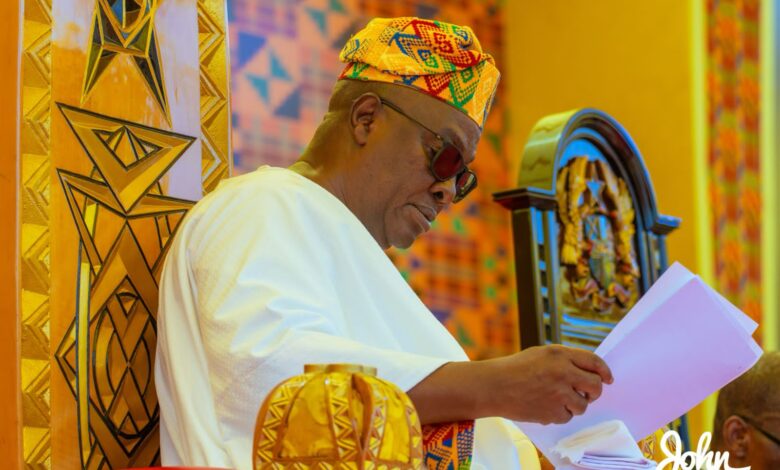
Accra, Ghana – President of the Republic of Ghana, John Dramani Mahama, has underscored the importance of incorporating more of the informal sector into the country’s tax system as part of efforts to strengthen the economy.
Speaking during a meeting with a World Bank delegation led by Ousmane Diagana, Vice President for West and Central Africa, President Mahama highlighted the critical need to address this longstanding challenge.
A Difficult but Necessary Step
Acknowledging the complexity of the issue, President Mahama stated that tackling the informal sector’s inclusion in the tax system is essential for resetting the economy.
“We must hit the nail on the head and address the difficult issue of bringing more of the informal sector into the tax net,” he said.
He expressed confidence that such measures would help stabilize Ghana’s economy by sustaining growth, reducing inflation, and strengthening the currency.
Balancing Macro and Microeconomic Policies
The President emphasized the need to focus on both macroeconomic stability and microeconomic challenges.
“To achieve this goal, we cannot solely focus on macroeconomic policies. We must also address micro-level issues, particularly taxation, which is crucial due to the ongoing IMF program,” he explained.
President Mahama’s administration aims to create a balanced approach that considers the unique challenges faced by small and medium enterprises within the informal sector.
Learning from Global Best Practices
As part of his vision, President Mahama advocated for adopting global best practices to incentivize informal sector participation in the tax system.
He suggested that learning from successful models in other countries could provide practical solutions tailored to Ghana’s needs.
“I’m certain there are effective strategies worldwide where the informal sector is incentivized to join the tax net, thereby contributing their fair share to national revenue,” he remarked.
A Call for Collective Action
In his first day in office, President Mahama made it clear that addressing this issue would require collective effort and innovative solutions.
He called on policymakers, businesses, and international partners to work together in designing systems that are inclusive and equitable.
The President’s vision reflects a commitment to creating a sustainable economic framework that benefits all Ghanaians, fostering a culture of accountability and shared responsibility.
By bringing the informal sector into the fold, Ghana stands to significantly enhance its revenue base, ensuring long-term economic stability and growth.
Story by: Emmanuel Romeo Tetteh (#RomeoWrites

